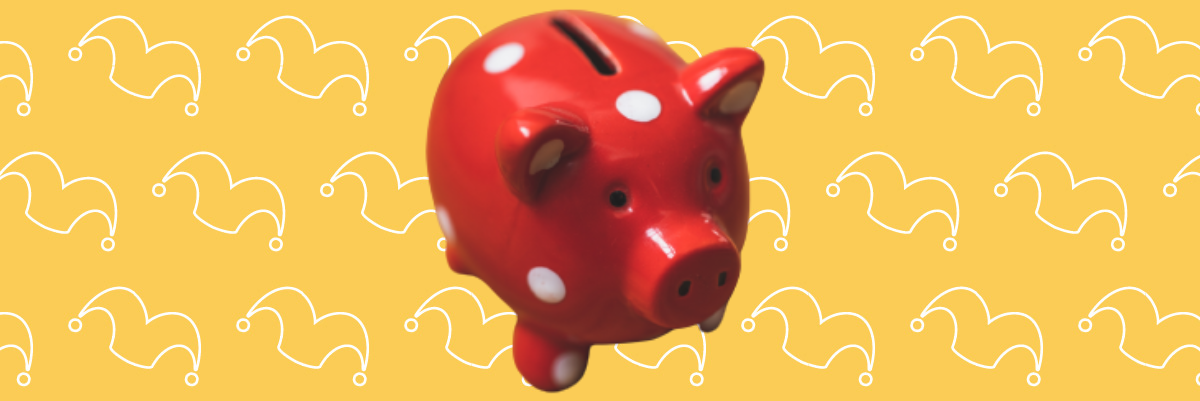Savings Rates Are Falling: Here's Why You Should Still Open a High-Yield Savings Account
KEY POINTS
- Savings accounts play a major role in your finances, regardless of how much interest they dish out.
- These accounts are safe places to store emergency cash or savings for short-term goals.
- If you're not using your savings for an immediate purpose, a certificate of deposit (CD) could be the right savings vehicle for you right now.
Well, folks, the fun is up. As you've probably heard by now, the Federal Reserve slashed its federal fund rate by half a point (0.50%) in September. The good ol' days of widespread 5.00% APYs on savings accounts and CDs are likely behind us. While you can still find good deals on these products, rates across the board are dropping.
That raises the question: If you haven't opened a high-yield savings account -- or you're currently stashing money in one -- is it worth opening (or maintaining) one? If rates are expected to fall, should you move your money to other more lucrative investments?
To be sure, savings accounts won't earn as much interest in the near future as they did in 2023. But there are still compelling reasons to open one, despite the falling rates. Here's why you might want to open a high-yield savings account in 2024.
Savings accounts are still a fundamental part of your financial strategy
Savings accounts are not just about earning interest on your cash. Although they can serve that purpose, they mainly exist as a safe, secure place to store funds that you might need in the short term.
Unlike CDs and brokerage accounts, savings accounts give you better access to your money; if you have one at a brick-and-mortar bank, you can typically withdraw cash in person or from in-network ATMs free of charge. Even if your savings account is with an online-only bank, the institution may let you withdraw from ATMs or transfer the money to an external bank account with ATM access.
And it's not as if high-yield savings accounts have rock-bottom APYs, either. Although rates are falling, you can still find competitive rates.
For example, the Western Alliance Bank High-Yield Savings Premier has a 4.25% APY -- currently one of the highest rates available. A rate like that is how you can meet a savings goal faster, especially since this account doesn't have a monthly fee. Click here to learn more and open an account today.
In short, savings accounts are good for emergency funds and purchases you expect to make in the near future. Although it won't offer you the best rate over the long term, it can keep your short-term cash growing at a steady pace.
Consider CDs for more long-term growth
The main downside to a savings account is its variable APY. This means that your account's interest rate could change overnight. Since the Federal Reserve isn't done slashing interest rates just yet, it's likely that even the best savings account will experience significant rate drops over the next year.
This is where a certificate of deposit comes into play. CDs have fixed interest rates. They can freeze today's best rates for as long as their terms last. Even if the Federal Reserve surprised us with a big drop at its next meeting, a CD opened today would continue earning at a higher interest rate until the end of its term.
To be sure, CDs are in the same position as savings accounts: The best ongoing rates are endangered. Over the next year, the CD landscape will likely change significantly, which is why it's important to open one before rates become dismally low.
Take a look at some of the best CD rates on the market today. Although CDs are not great for short-term funds -- if you need the money before the term is up, penalties can eat into your earnings -- they can protect your long-term savings from dropping interest rates. Consider using them alongside your regular savings account, or build a CD ladder to help maintain liquidity.
Our Research Expert
We're firm believers in the Golden Rule, which is why editorial opinions are ours alone and have not been previously reviewed, approved, or endorsed by included advertisers. Motley Fool Money does not cover all offers on the market. Motley Fool Money is 100% owned and operated by The Motley Fool. Our knowledgeable team of personal finance editors and analysts are employed by The Motley Fool and held to the same set of publishing standards and editorial integrity while maintaining professional separation from the analysts and editors on other Motley Fool brands. Terms may apply to offers listed on this page. APYs are subject to change at any time without notice.



